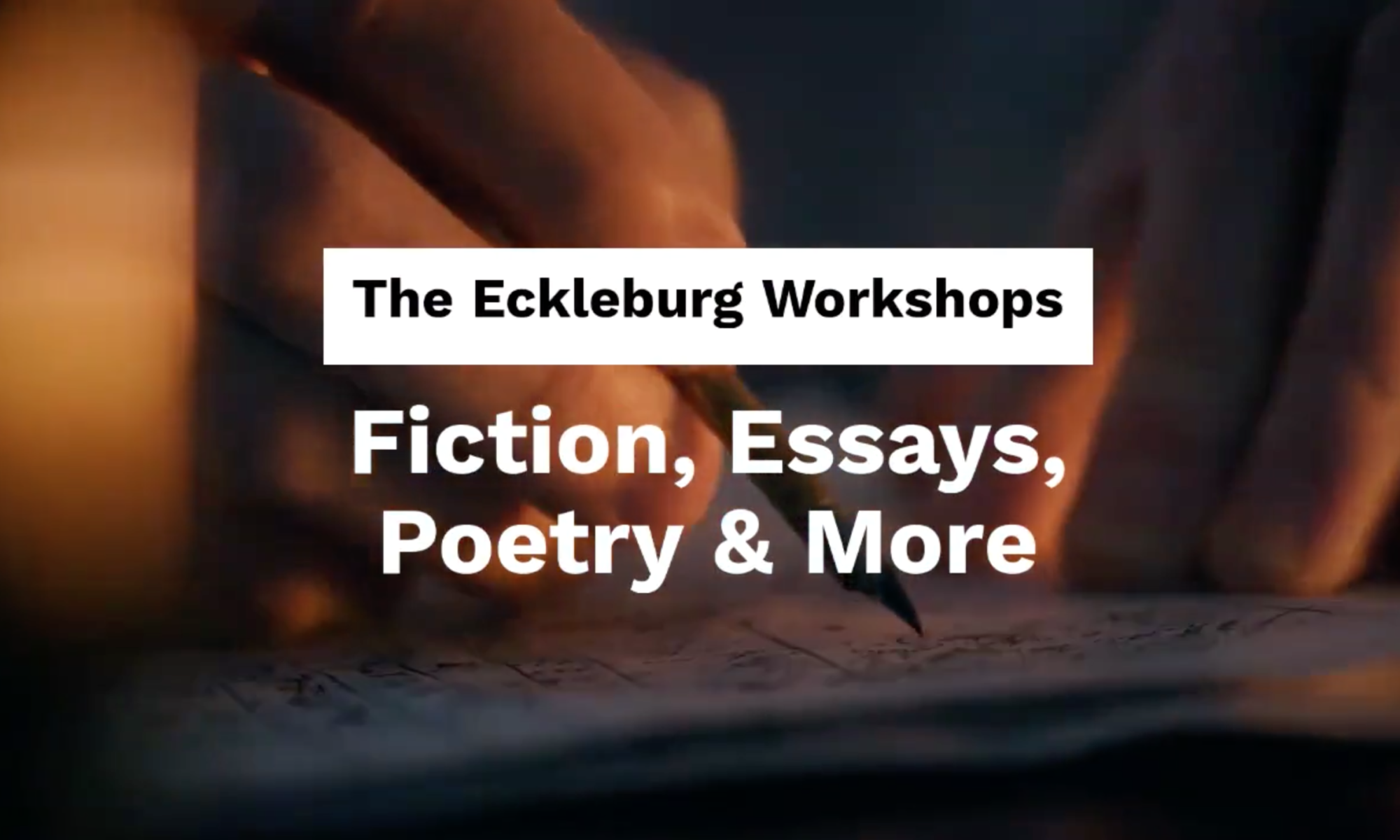The perspective from which people, events, and other details in a work of fiction are viewed; also called focus, though the term point of view is sometimes used to include both focus and voice. The point of view is said to be limited when we see things only from one character’s perspective; it is said to be omniscient or unlimited when we get the perspective of multiple characters:
Narrator: A narrator or narration is said to be internal when the narrator is a character within the work, telling the story to an equally fictional auditor or listener; internal narrators are usually first- or second-person narrators (see below). A narrator or narration is instead said to be external when the narrator is not a character. A first-person narrator is an internal narrator who consistently refers to himself or herself using the first-person pronoun I (or, infrequently, we). A second-person narrator consistently uses the second-person pronoun you (a very uncommon technique). A third-person narrator uses third-person pronouns such as she, he, they, it, and so on; third-person narrators are almost always external narrators. Third-person narrators are said to be omniscient (literally, “all-knowing”) when they describe the inner thoughts and feelings of multiple characters; they are said to be limited when they relate the thoughts, feelings, and perceptions of only one character (the central consciousness) [this is often called subjective third by writers]. If a work encourages us to view a narrator’s account of events with suspicion, the narrator (usually first-person) is called unreliable. An intrusive narrator is a third-person narrator who occasionally disrupts his or her narrative to speak directly to the reader or audience in what is sometimes called direct address.” (Norton).
Sources
A Handbook to Literature. William Harmon.
The Norton Anthology of World Literature: Literary Terms. Martin Puchner, et al.
Writing Fiction: A Guide to Narrative Craft. Janet Burroway, Elizabeth Stuckey-French & Ned Stuckey-French.



